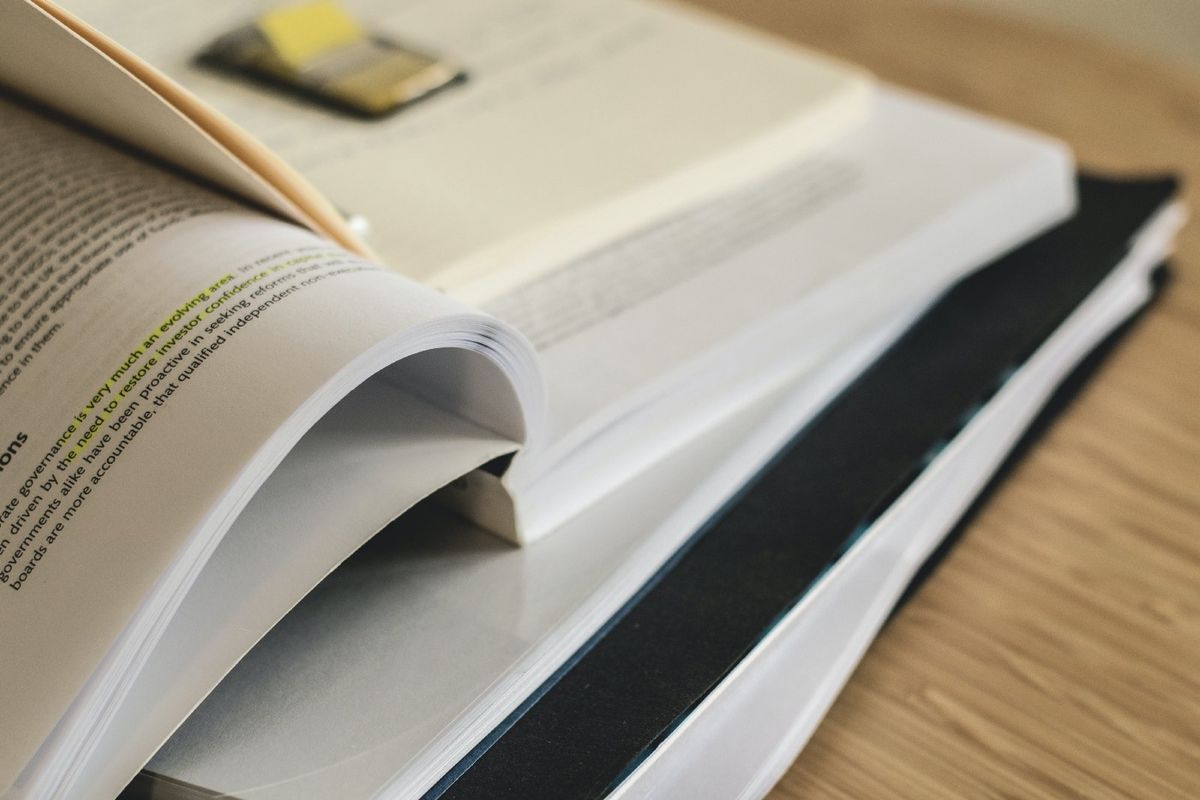Study Methods That Worked for me in Pharmacy School
Believe it or not, many students in graduate school do not know the study method that helps them remember what they’re learning. They often go through the motions, not retaining the information, and then expect to do decent on their exam.

Believe it or not, many students in graduate school do not know the study method that helps them remember what they’re learning. They often go through the motions, not retaining the information, and then expect to do decent on their exam. Studying isn’t about how many times you stare at the information. It’s about creating recall mechanisms in your brain so that if someone asks you about a specific concept, you’ll be able to explain it thoroughly.
Here are the study tools that have helped me succeed in pharmacy school. You can apply these tools in whatever schooling you’re completing.
1. Quizlet

I have been using Quizlet since the beginning of high school. Quizlet is a study website where you can make Q&A-type study sets and test yourself with them. Some of my favorite features on the site include its multiple-choice function and its written answer function. Quizlet gets you familiar with your questions, then takes it up a notch and asks you to type out the answer.

I love Quizlet because it mimics the natural progression of active recall, not overwhelming you with information from the beginning. I have over 300 study sets that have gotten me through high school, undergraduate, and graduate school. I highly recommend checking the website out.
2. Flashcards

If you’re someone who likes more tangible forms of study tools, traditional flashcards are the way to go. Flashcards are still great for active recall and getting you familiar with the information you’re studying. I have used flashcards in the past with certain subjects, and they’re adequate for remembering information. Another great thing about flashcards is that you can also write other question types like fill-in-the-blank and multiple-choice.

Creating these cards might take an extra amount of work to set up, but they’re just as effective as making a study get on Quizlet. It’s just up to your preference between paper studying and online studying. As long as you set up your questions correctly, this study tool will help you succeed.
3. Acronyms
Acronyms hold a special place in my heart because they are the best for remembering lists. I recently had to remember a lot of acronyms from studying antibiotics a few months ago. Acronyms are made-up words, with each letter representing a different word you need to remember. For example, I had to remember which antibiotics covered Pseudomonas aeruginosa, a bacteria that causes many diseases. The acronym I came up with was:
P (piperacillin-tazobactam)
A (aztreonam)
S (SMX-TMP)
T (tigecycline)
N (nitrofurantoin) F (fluoroquinolones)
C (carbapenems except ertapenem)
By remembering “PAST NFC,” I answered questions correctly on exams and remember the list months later. If you need to remember a list of words, acronyms are the best way to learn and recall them in the future.
4. Fill-In-The-Blank Lecture Slides
This last tool is something I’ve only been using in pharmacy school. Sometimes, I take questions from the lecture notes and end up misunderstanding what I’m copying down. Then I study and remember the wrong thing, which is not ideal for exam-taking and future use. Creating questions directly on your lecture notes is a way to prevent this mistake.

I use my IPad for this study method, but paper and some white-out will also do the trick. I go through my notes and white out certain words or concepts in my lecture PowerPoint slides. Then, I go back and read the slides, filling in the blanks that I created. This tool has you studying directly from the source and takes minimal effort to create. I have succeeded many times with this method, and it is the best method if you don’t have a lot of prep time before an exam.